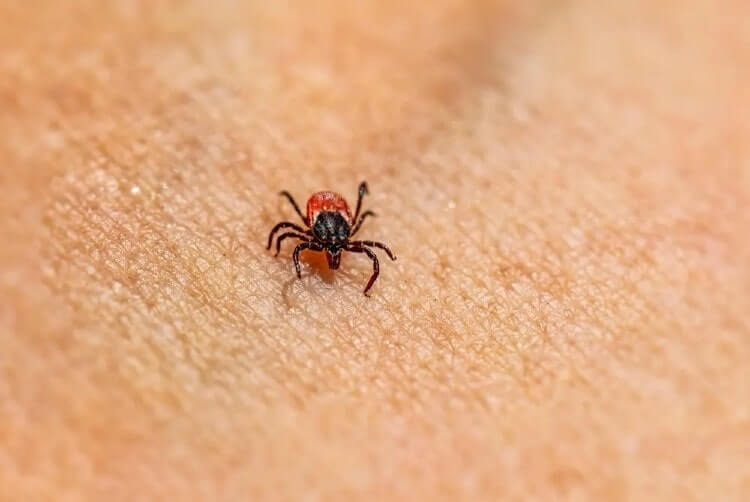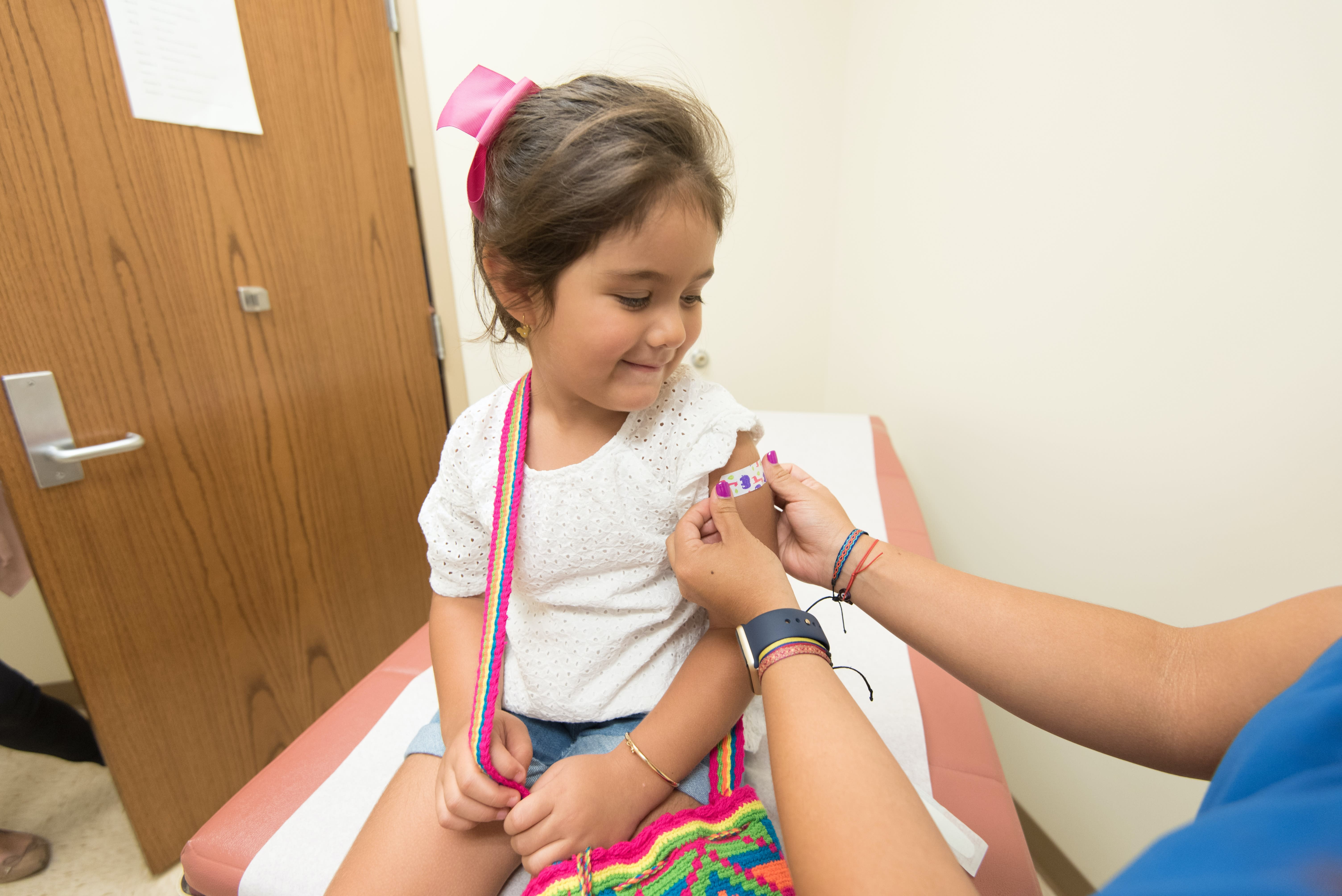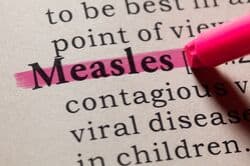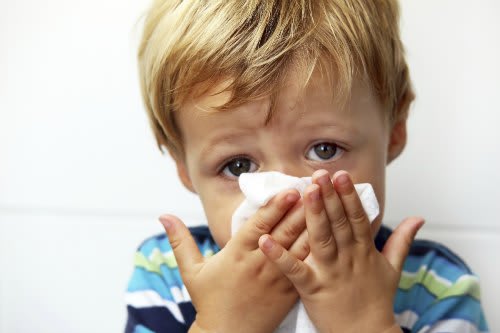Are Vaccines Safe for Children?
Published: July 22, 2020l
Sanford L. Swidler, MD, Pediatrics
As physicians, we feel strongly that vaccinating children on schedule, with currently available vaccines, is the right thing to do for all children and young adults.
The recommended vaccines and their schedule are the results of many years of scientific study and data-gathering on millions of children by thousands of scientists and physicians.
Why Should I Vaccinate My Child?
You should vaccinate your child to protect them and prevent the spread of disease to others. Serious viral illnesses such as measles or mumps have no available treatments, only supportive care. Many of these illnesses carry devastating consequences, so prevention is crucial. These diseases still sometimes resurface as you hear in the news; vaccination helps to contain these diseases and avoid an epidemic.
Controversy surrounds vaccinations, but the controversy is not medical. Here’s why the vaccine campaign is truly a victim of its own success:
- Complacency - Because of the success of vaccines, many people have never seen a child with polio, tetanus, whooping cough, meningitis or even chickenpox, causing us to be unconcerned about these illnesses.
- Dependency - Counting on others to vaccinate their children to protect those that are unvaccinated is unacceptable. Vaccines work best when each person in a community commits to preventing the spread of infectious diseases.
Facts About Vaccines
All children and young adults should receive the recommended vaccines according to the schedule by the Centers for Disease Control and Prevention and the American Academy of Pediatrics because vaccines:
- Are safe and effective in preventing serious illnesses and saving lives.
- Do not cause developmental disabilities or autism. Evidence and current studies prove that there is no connection between vaccines and autism. Read more about the misconceptions around autism and the measles, mumps and rubella (MMR) vaccine.
- Do not contain thimerosal. Thimerosal is a preservative that has been in vaccines for decades. Even though this chemical does not cause developmental disabilities or autism, it is no longer used in any vaccines for children except for some types of flu shots, according to the Centers for Disease Control and Prevention. You can ask your doctor for a flu shot without thimerosal.
Can I Space Out My Child’s Vaccines?
- While we try and remain flexible to your concerns and desire to pace down the schedule of vaccinations, spacing out your child’s vaccines (also known as "alternative vaccine schedule") goes against expert medical advice and can put your child at risk for serious illness.
- Vaccinating according to the schedule is the right thing to do for your child and for the community. Call your physician to talk about any questions you have about vaccines Stamford Health Medical Group pediatricians require that your child receive all recommended vaccines by the age of two.
Vaccines save lives and are the single-most-important preventative intervention we perform as health care providers.
Featured Expert/ Author


























